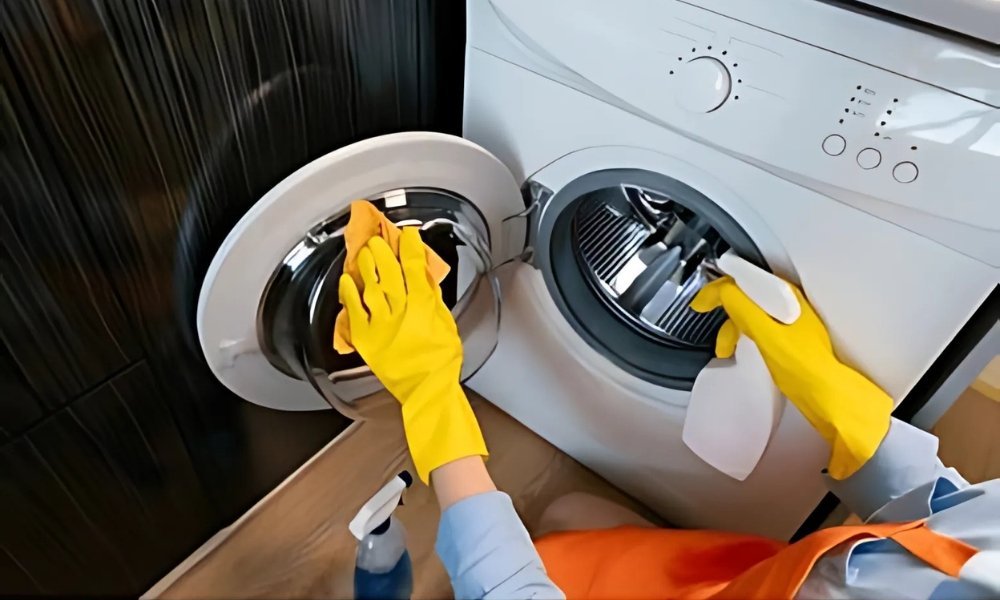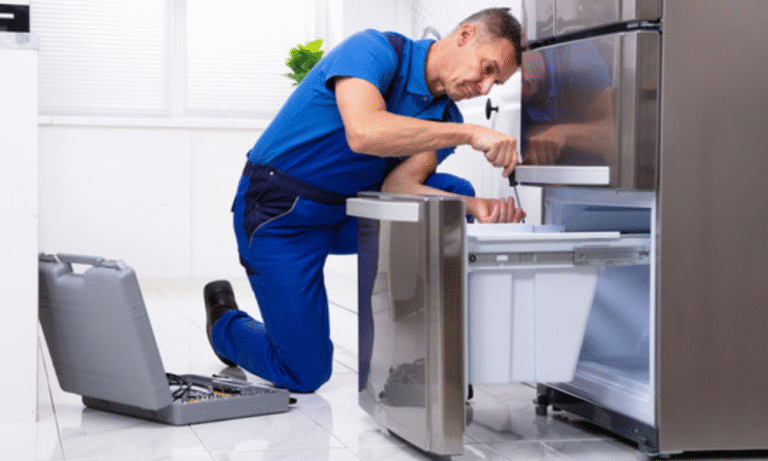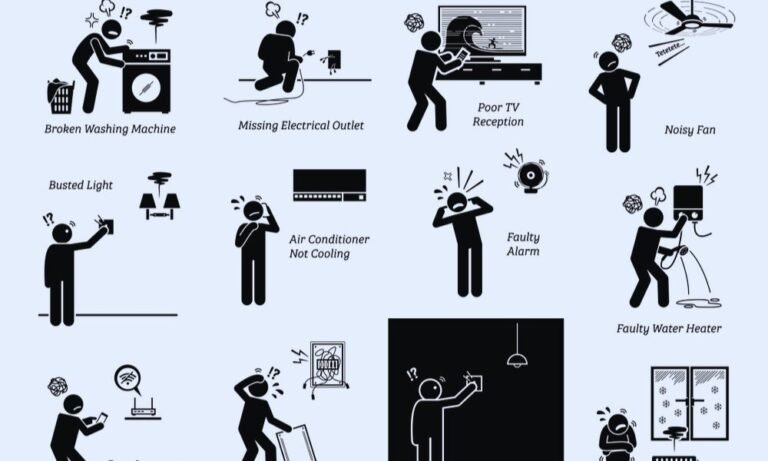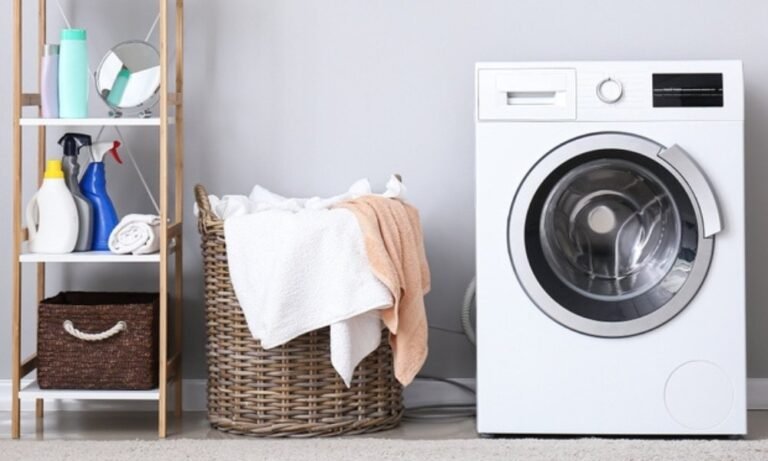Estimated reading time: 5 minutes
Appliances aren’t cheap, and when one breaks down, the last thing I want is an unexpected, expensive repair bill. But here’s the thing—most major breakdowns don’t happen overnight. They start as small, preventable issues that snowball into costly problems when left unchecked.
I’ve seen it time and time again—a simple clogged dryer vent leads to overheating, a worn fridge seal makes the compressor work overtime, or a loose washer hose turns into a full-blown leak. The solution? Regular maintenance. A little effort now can save hundreds (or even thousands) in repairs later.
So, how does maintenance actually save money? Let’s break it down.
What You’ll Learn in This Guide:
How regular maintenance prevents expensive repairs
Which small tasks can save you the most money
The hidden costs of skipping maintenance
When to DIY and when to call a professional
How a little upkeep can extend appliance lifespan
Small Fixes Now = Big Savings Later
Most appliance failures start as minor issues—the kind that don’t seem urgent but can turn into expensive repairs later.
Here’s what I mean:
- A loose refrigerator door seal forces the compressor to work overtime, leading to a costly replacement.
- A clogged dryer vent not only increases drying time (raising your energy bill) but is also a fire hazard.
- A slow-draining dishwasher can indicate buildup in the filter, which could later cause pump failure.
By addressing minor problems early, I prevent chain-reaction damage that leads to bigger, more expensive failures.
Want to avoid unexpected breakdowns? Take a look at some common appliance problems and how to prevent them.
Energy Efficiency = Lower Utility Bills
An appliance that’s well-maintained runs more efficiently, meaning less energy wasted and lower monthly bills.
Here’s how maintenance helps:
Clean refrigerator coils = less strain on the motor, reducing energy use.
Clearing dryer vents = shorter drying cycles, cutting electricity costs.
Replacing worn gaskets = a better seal, so the appliance doesn’t have to overwork itself.
Even small efficiency tweaks can make a noticeable difference. Need more ways to cut down on energy costs? Check out these energy efficiency tips.
Extending Appliance Lifespan (So You Buy Less, Save More)
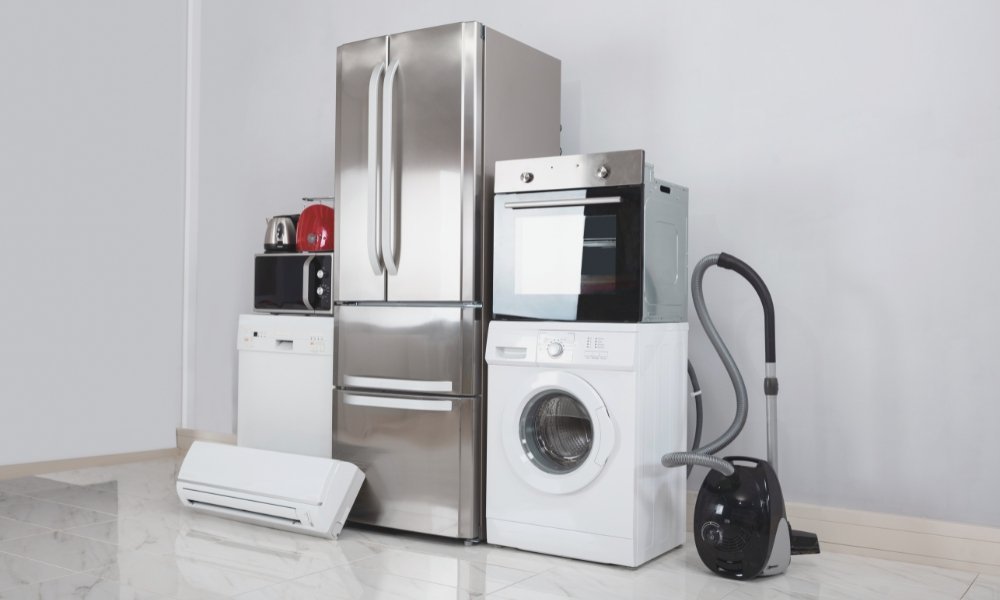
Appliances are investments, and I want mine to last as long as possible before I have to replace them. Regular servicing prolongs their lifespan, meaning I spend less on new appliances over time.
Here’s a lifespan breakdown with and without maintenance:
- Refrigerator: 15 years with care vs. 8-10 years without
- Washing machine: 10-12 years with upkeep vs. 6-8 years with neglect
- Dishwasher: 9-10 years if cleaned regularly vs. 5-7 years if ignored
If you want your appliances to last, follow these maintenance tips to keep them running smoothly for years.
Preventing Emergency Repairs (Because Last-Minute Fixes Cost More)
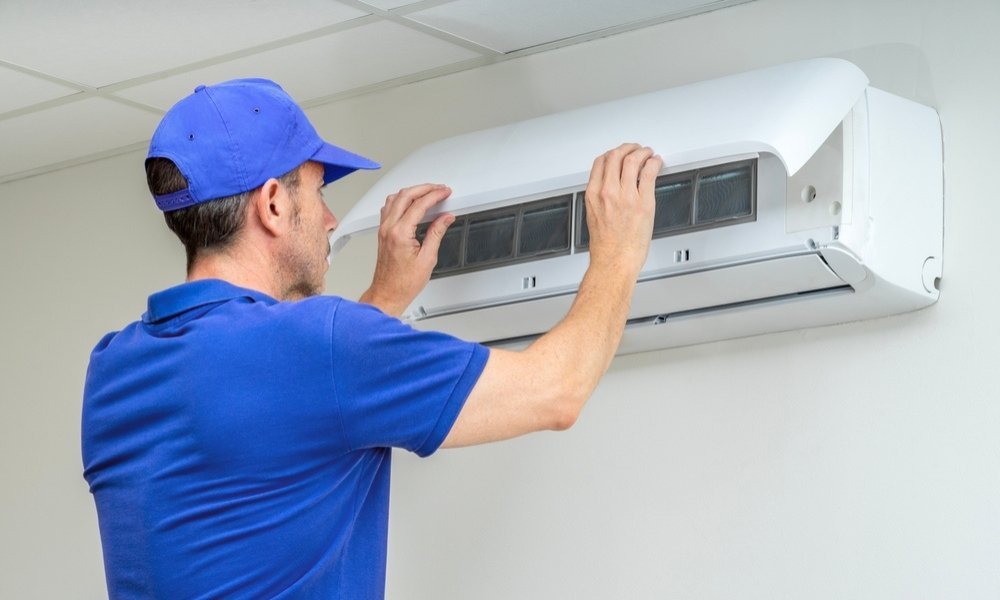
Appliance failures always seem to happen at the worst possible time—the fridge stops cooling right before a big dinner, or the dryer breaks when I need my work clothes.
Calling for emergency repairs usually means:
- Higher service fees for urgent fixes.
- Paying for expedited parts shipping.
- Rushed decisions that lead to costly replacements instead of affordable repairs.
A routine maintenance schedule means fewer last-minute disasters—and way less stress.
If you’re unsure when to repair vs. replace, check out this guide to help you decide.
DIY vs. Professional Maintenance: When to Save & When to Call a Pro
There’s a lot I can do myself to keep my appliances running efficiently.

Easy DIY Maintenance Tasks (No Technician Needed)
Vacuum refrigerator coils every 6 months.
Check washing machine hoses for leaks every few months.
Clean dishwasher filters monthly.
Clear dryer lint traps and vents to prevent overheating.
When to Call a Professional
Some issues require expert attention. If I notice:
Refrigerant leaks in my fridge (only pros can handle this safely).
Strange electrical smells from my oven or dryer.
Unusual noises from my washing machine (could indicate motor failure).
Need a reliable repair service? Here’s how to find a trustworthy technician.
The Hidden Costs of Skipping Maintenance
Ignoring appliance upkeep doesn’t just lead to repair bills—it can cost me in other ways too:
- Higher energy bills from inefficient appliances.
- Shorter appliance lifespan, meaning I spend thousands replacing machines sooner.
- Potential safety hazards—like electrical issues or even mold buildup.
And if I ever sell my home, well-maintained appliances can actually add value. No buyer wants a house full of machines that are on the verge of breaking down.
Final Thoughts: A Little Maintenance = Big Savings
Regular maintenance isn’t just about avoiding breakdowns—it’s about saving money across the board. With just a little effort, I can:
Reduce repair costs by catching issues early.
Lower energy bills by improving efficiency.
Extend appliance lifespan, so I replace them less often.
Avoid stressful, last-minute repairs.
Want to start saving money today? Check out more cost-effective repair tips and make appliance maintenance part of your routine. A little care now can save a fortune later—and that’s a fact I can’t ignore!
